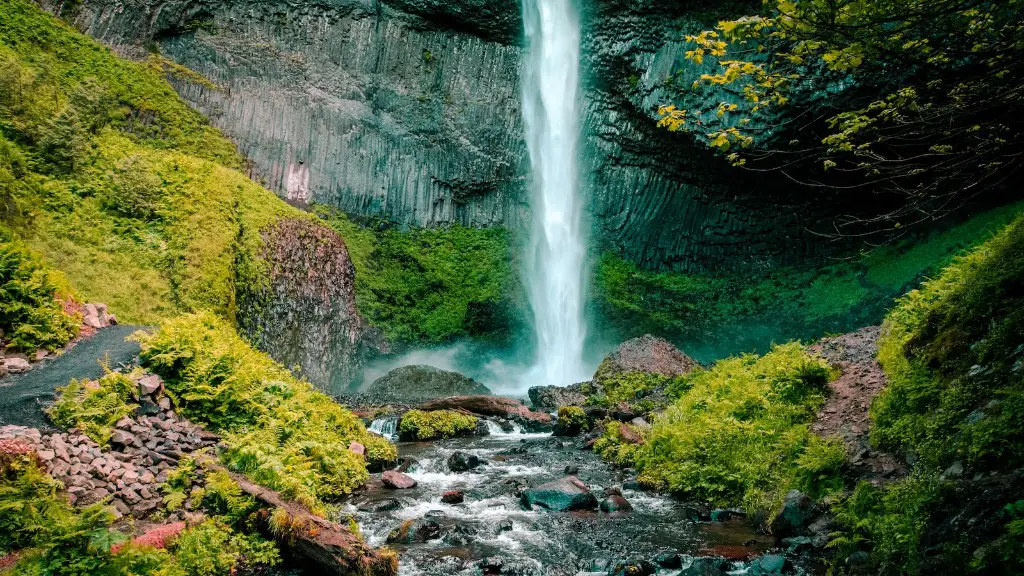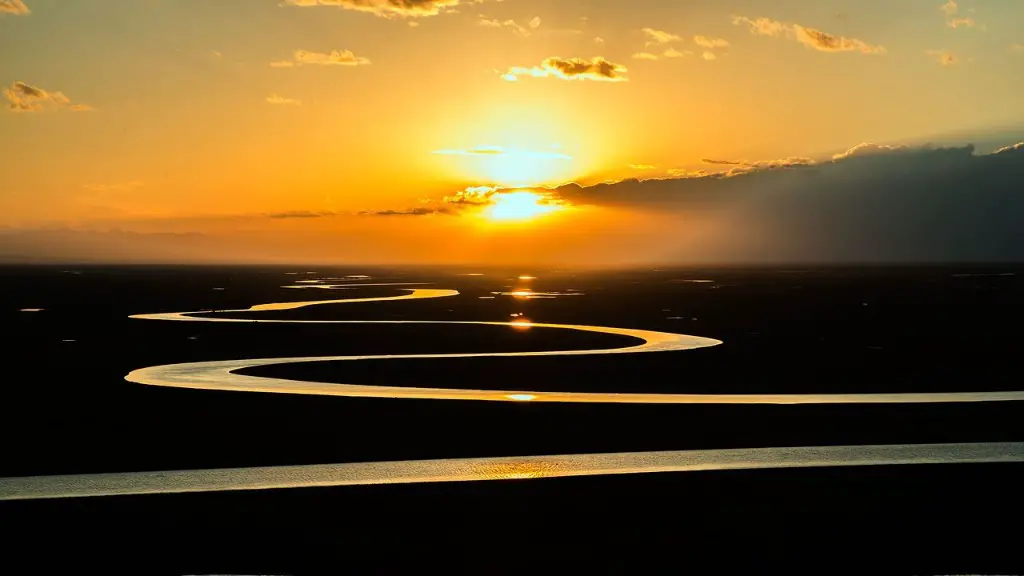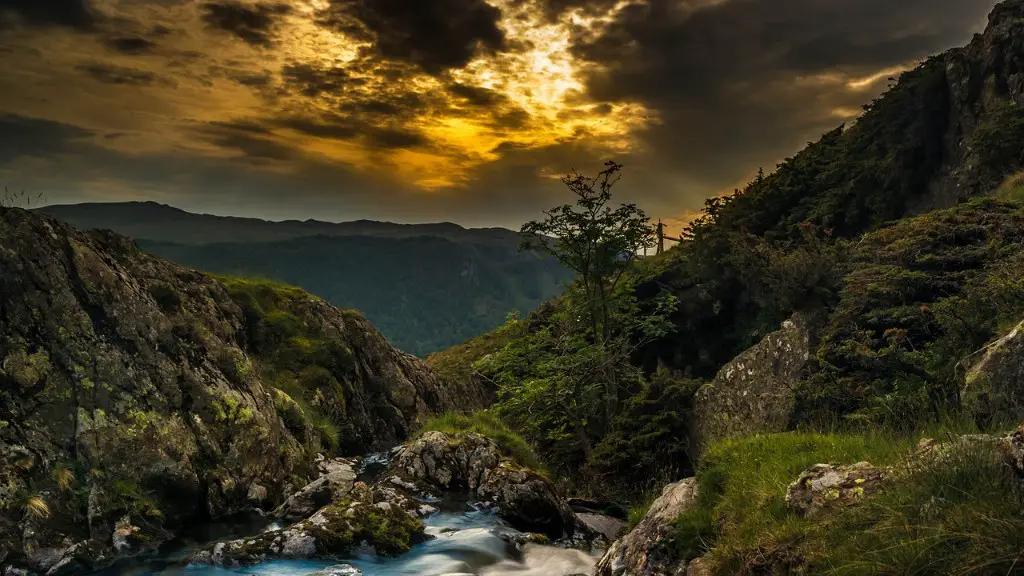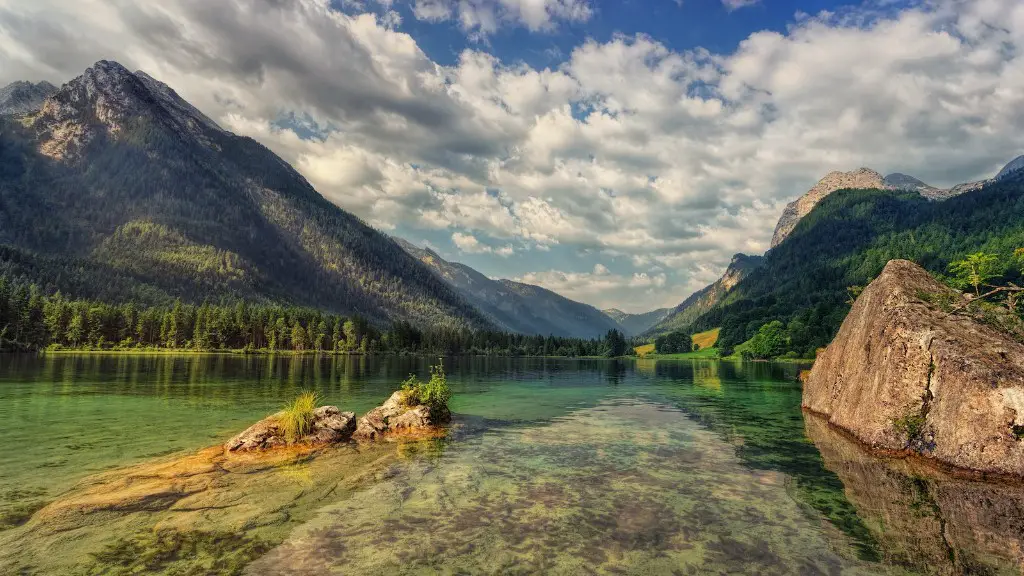Drought Stress
The Mississippi River is prone to flooding with climate change, but it also faces increasing stress from an ongoing drought. According to the US Geological Survey, conditions in the Mississippi River basin have been met with “exceptional drought” since late 2020. Lower than average water levels, combined with increased demand for water, has resulted in river flow levels significantly below average. These dramatically low levels of water are putting the ship traffic, fishing, and other activities dependent on the Mississippi River in jeopardy.
The combination of drought and temperature rises have meant that water levels along the Mississippi have dropped to historic lows. During its 2021 peak flow, the river was a foot below the long-term average for that time of year. These declines have a direct negative impact on the fisheries and other recreation activities dependent on the river. Vessels traveling down the Mississippi require a higher water level to navigate. The less water available, the higher the risk of a deadly accident occurring.
According to Katharine Hayhoe, an atmospheric scientist and professor at Texas Tech University, the US should be prepared for more extreme events: “Floods and drought in the future could be much worse than anything we have seen before.” She adds that the Mississippi River is becoming increasingly vulnerable to the effects of climate change, and the river’s natural system is already being altered. “Climate change is bringing new weather patterns, increased precipitation, changes to snowfall, and sea level rise. All of these can have devastating effects on rivers,” she said.
Sea Level Rise
One major concern for the Mississippi is sea level rise. As the sea level rises, the river’s current can’t push back the flood waters, leading to an accumulation of water on the shore and even back flowing upriver. When this happens, the rivers’ current can no longer provide a natural defense against incoming floodwaters, leading to more flooding in the river basin. Sea level rise has been noted to be a particularly credible concern, since records of the Mississippi’s waters prove that they have been rising at a significantly greater rate over the past few years.
Because of the effects of sea level rise, more flooding is likely in the future. Coastal areas, in particular, are going to be at the greatest risk for increased flooding. According to a recent study conducted by the US Environmental Protection Agency, sea level rise in the Mississippi Delta region is expected to exceed 10 feet by the end of the century. This could have devastating impacts on the local economy, putting many small businesses and homes at risk.
Also contributing to the risk of flooding is an increase in extreme weather events due to climate change. The National Climate Assessment predicts increased rainfall and flooding in the Mississippi River basin due to a decrease in the number of days it takes for a severe storm to pass through the area. This could mean more days of intense rain, with the chance of devastating flooding, particularly in urban areas.
Adapting to Climate Change
Not surprisingly, communities along the Mississippi must adapt to the challenges of climate change and find ways to reduce their vulnerability. The US Army Corps of Engineers is building additional levees along the river in order to help protect towns along the Mississippi from the expected increase in floodwaters. They are also studying the impacts of sea level rise on the river basin and how it might affect water levels in the Mississippi. Additionally, there are programs to promote infiltration and recharge of native soils so that the land can help absorb the increased rainfall and the risk of flooding can be reduced.
In order to protect the riparian habitats along the Mississippi from the impacts of climate change, conservation groups are advocating for the protection of wetlands. Conserving wetlands is one of the most important actions that can be taken in order to protect the river from flooding. Wetlands are able to absorb both storm surge and river flow, helping to reduce the impacts of flooding. Conserving wetlands will help to protect people and property from the impacts of a changing climate.
Adapting Infrastructure
The destruction of the physical infrastructure along the Mississippi river is also a concern. In recent years, the US Army Corps of Engineers has taken steps to ensure that levees and other infrastructure is up to the task of defending against expected flooding. They have been improving levees and dams so that they can withstand more intense rainfall and manage the increased water levels that can be expected to come with more extreme weather events.
The US Army Corps has also taken action to ensure that the infrastructure along the Mississippi River is as resilient as possible. More investments are being made in upgrading existing levees and plans are being made to create new flood control pumps and floodplains to absorb flooding. There are also plans to improve sea walls so that they can withstand the increased wave heights resulting from sea level rise.
Climate Litigation
Communities along the Mississippi have also taken legal action against some of the nation’s largest oil and gas companies for their contribution to climate change and sea level rise. A lawsuit was filed against BP, Chevron, and Shell in May 2021, alleging that these companies both contributed to climate change and did not do enough to curb it. The lawsuit was brought by the Grand Canyon Trust and 11 other organizations, representing landowners in the region. The plaintiffs are seeking to hold the companies accountable for their contribution to the rise in sea level and the increased risk of floods that the river now faces.
While the lawsuit is still ongoing, it has already sparked a discussion about who should be held accountable for the impacts of climate change. This debate has highlighted the need for those companies that contribute to climate change to be held liable for its consequences. Moreover, the case has highlighted the fact that communities along the Mississippi may soon need to prepare for more floods as a result of climate change.
Flood Planning
In order to prepare for future floods, communities along the Mississippi need to consider how they can protect themselves and their property. Flood insurance is essential for those living in flood-prone areas, as it helps to cover the costs if their property is damaged by flooding. Additionally, communities should create emergency plans and ensure that they are ready to evacuate quickly if necessary.
For many communities, the key to reducing the impacts of flooding is to make sure they are prepared for the worst. This prepares them for the inevitable floods that will occur as a result of climate change. Additionally, preparation can help communities respond quickly and reduce the amount of damage that may result from unexpected floods.
Flood Mitigation Strategies
Flood mitigation strategies are also needed to help reduce the impacts of floods on communities along the Mississippi River. This can include a variety of measures such as building levies, improving infrastructure, and recharging wetlands. Additionally, soil management, erosion control, and riparian buffer zones can all help reduce the impacts of floods.
Public awareness campaigns can also help to educate the public about the dangers of flooding and how it can be mitigated. Additionally, governments can work with communities to develop plans to address chronic flooding and ensure that they are better prepared in the future.
Conclusion
The effects of climate change are having an increasingly profound effect on the Mississippi River, with drought stress and the risk of flooding both exacerbated by rising temperatures and sea levels. In order to best prepare for the future, communities along the river must take steps to protect themselves, their property, and the river and its resources. This can involve a variety of mitigation strategies, as well as public awareness campaigns and legal action against those contributing to climate change.




